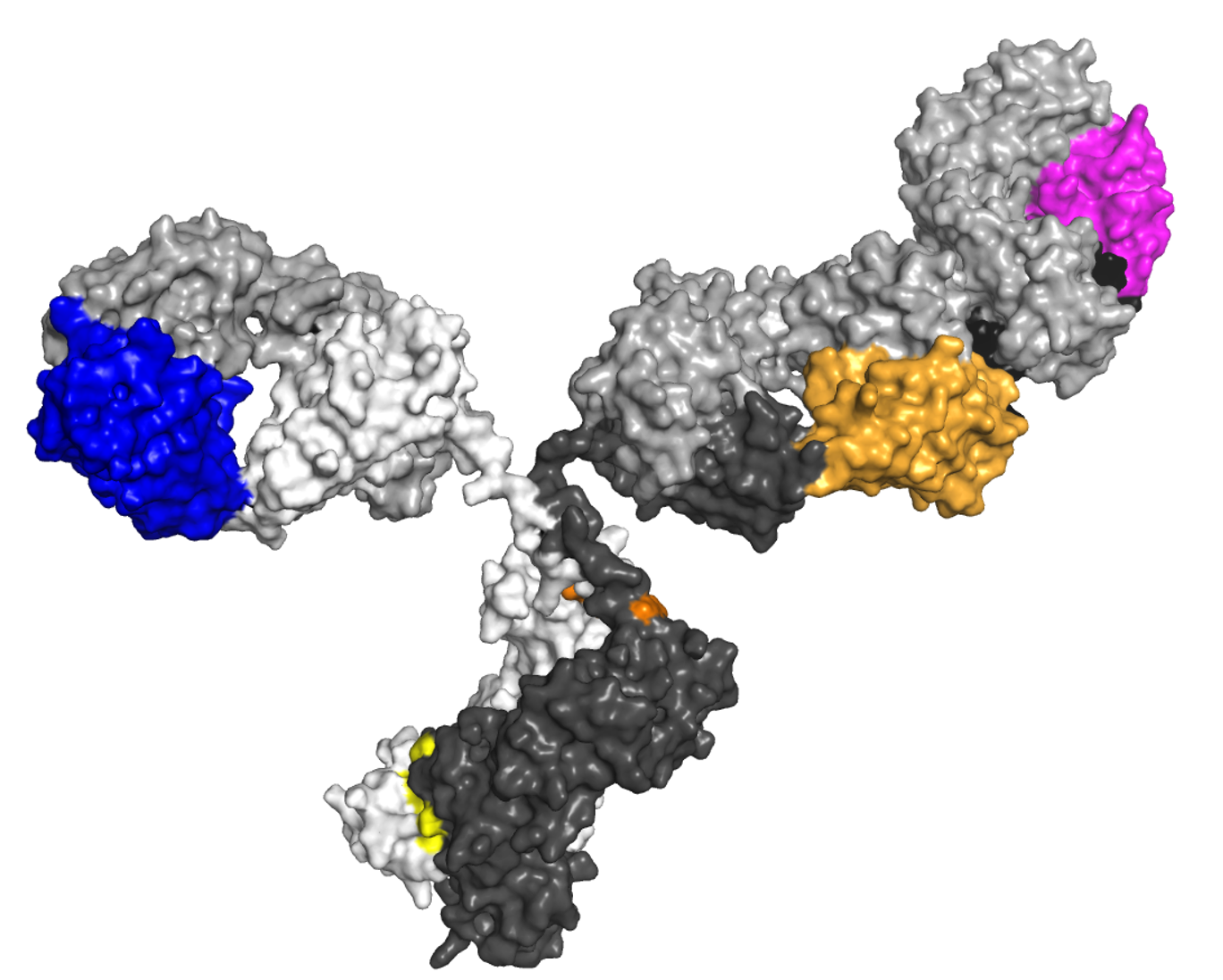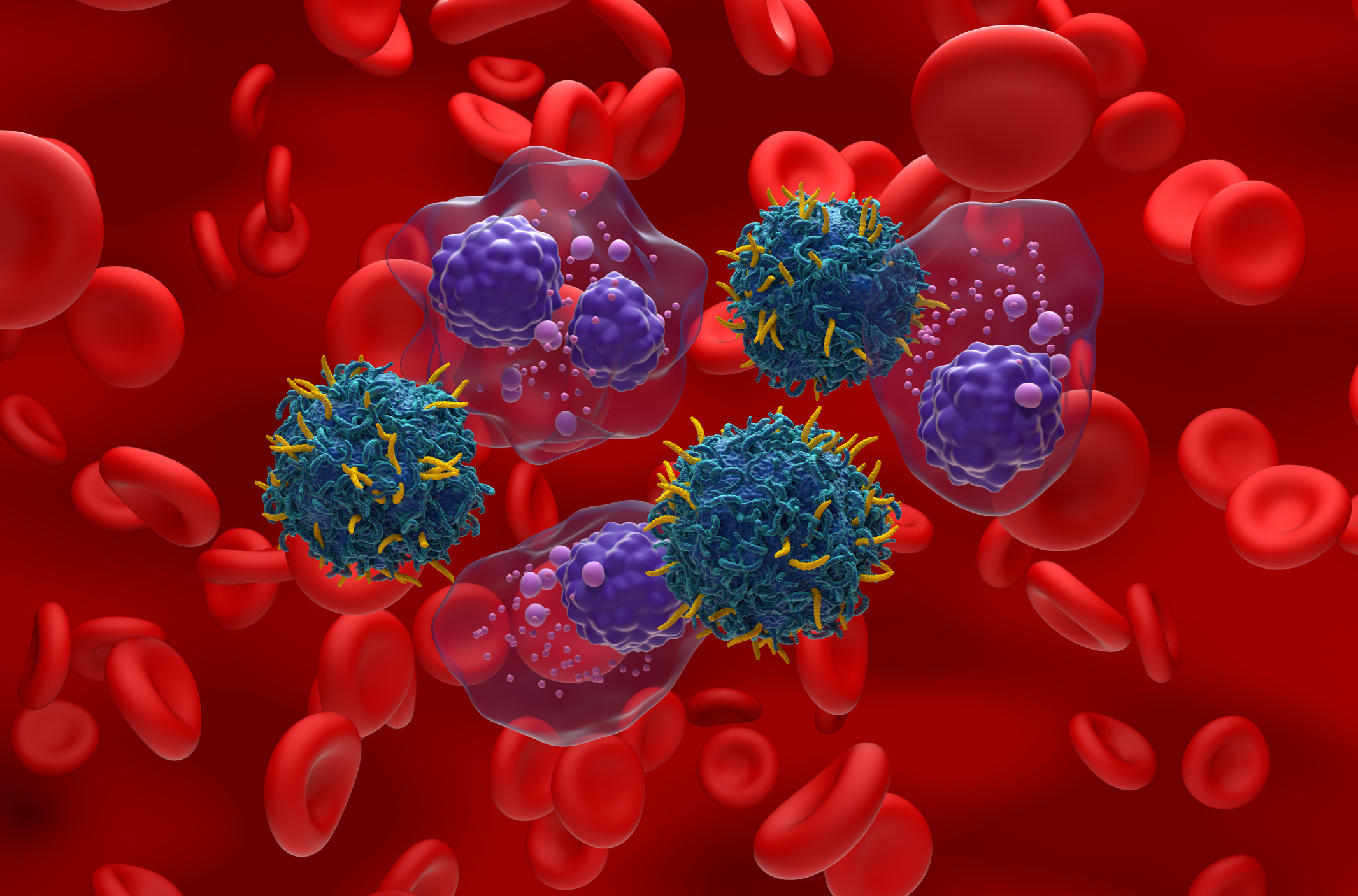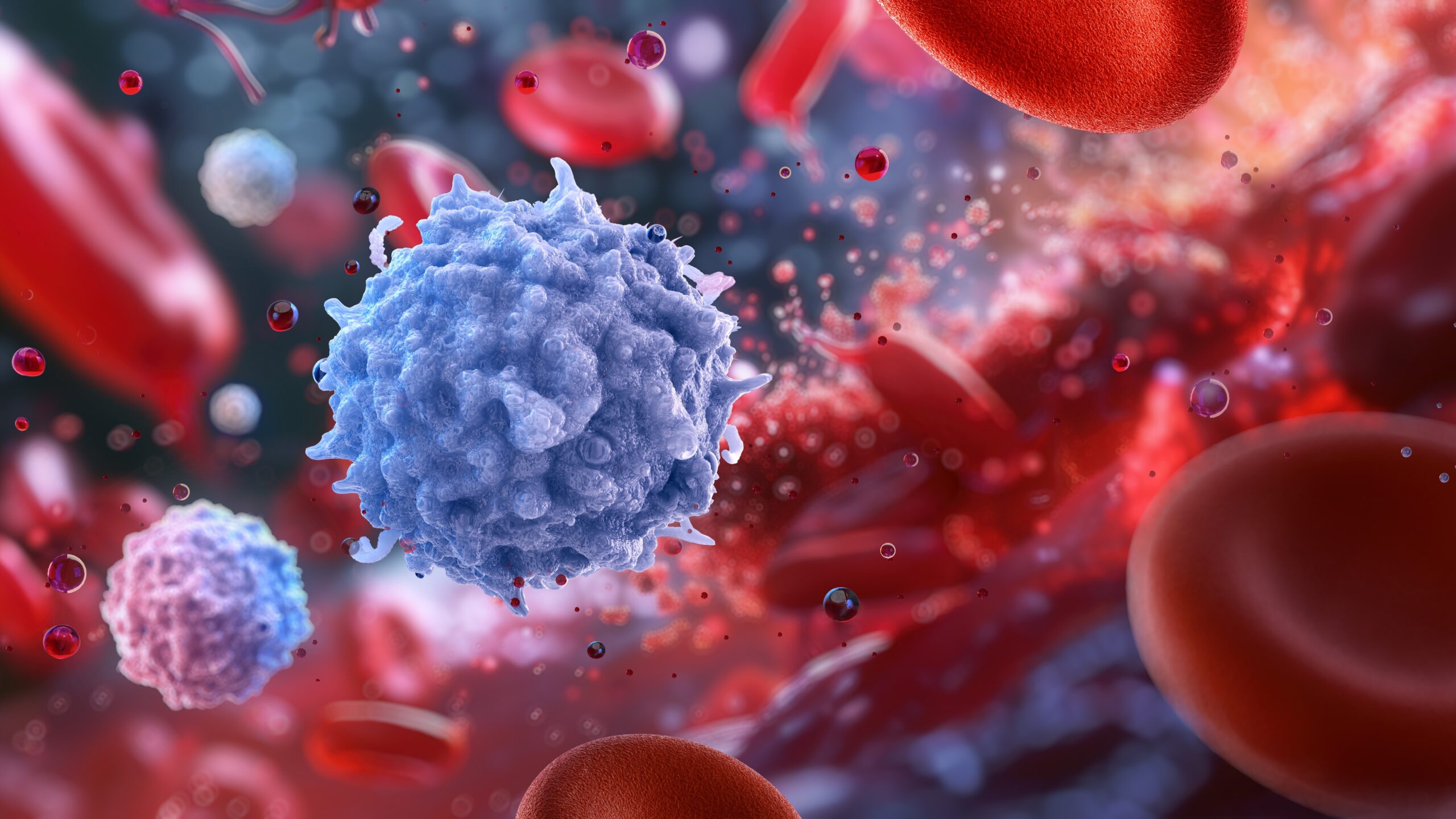
The addition of selinexor helped to restore sensitivity to therapy in patients with multiple myeloma (MM) relapsing or refractory on carfilzomib-, pomalidomide-, or daratumumab-based regimens, according to results from a phase IIb study.
Approximately one-third of the heavily pretreated patients in the small study responded to therapy.
Noa Biran, MD, of the John Theurer Cancer Center, Hackensack University Medical Center in New Jersey, and colleagues presented the results at the 2023 American Society of Clinical Oncology Annual Meeting.
In the study, 15 patients with MM refractory to carfilzomib, pomalidomide, or daratumumab were enrolled. Arm one had one patient on carfilzomib who was given 80 mg of selinexor plus dexamethasone; arm two had seven patients on pomalidomide given 60 mg of selinexor plus dexamethasone; arm three had seven patients on daratumumab given 100 mg of selinexor plus dexamethasone.
One-third of the patients responded to treatment (4/12; 33%). Four patients had partial response and seven had stable disease. The clinical benefit rate was 92%. These rates are higher than those seen with single-agent selinexor, the researchers wrote; single-agent selinexor had an overall response rate of 4% and a clinical benefit rate of 21%. The results for the remaining three patients are pending.
The most common grade 3 or 4 treatment-emergent adverse events were neutropenia (32%), hypophosphatemia (9%), pneumonia (6%), hyperglycemia (6%), and fatigue (6%). Ten of the 15 patients discontinued treatment due to progressive disease (five patients), withdrawal of consent (two patients), or AEs (three patients). One patient died while hospitalized for diarrhea and weakness.
Reference
Biran N, Vesole D, Parmer H, et al. A phase IIb study of selinexor in combination with carfilzomib, daratumumab, or pomalidomide in patients with multiple myeloma relapsing on current therapy. Abstract #e20042. Presented at the 2023 American Society of Clinical Oncology Annual Meeting; June 2-6, 2023; Chicago, Illinois.






 © 2025 Mashup Media, LLC, a Formedics Property. All Rights Reserved.
© 2025 Mashup Media, LLC, a Formedics Property. All Rights Reserved.